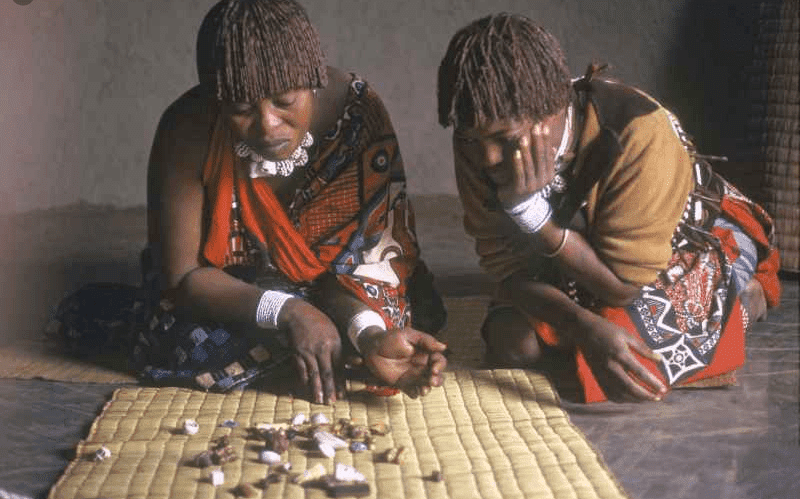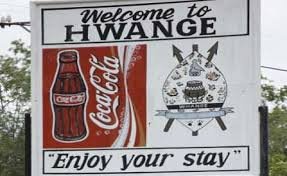
1.THE TITLES OF MARRIED WOMEN ACCORDING TO ANCIENT NDEBELE🇿🇼 CUSTOMS
In the olden days marriages revolved around blood covenants between families and were not founded on a private agreement between two lovers.
In the olden days marriages revolved around blood covenants between families and were not founded on a private agreement between two lovers.
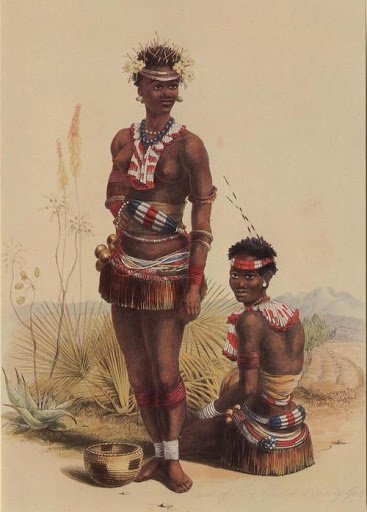
2. A woman is the one who got taken /ukuthathwa by a family and got converted to be their own through sacred rituals. There was no exclusive covenant between a woman and her husband but between a woman and the husband's clan. Hence the man could marry more women.
3. The first stage after marriage for a woman was that of being umalukazana. Umalukazana is derived from the word ukwaluka/ ukwalukwa - meaning to be initiated. Umalukazana thus referred to a female initiate being grafted into a new family through various rituals. 
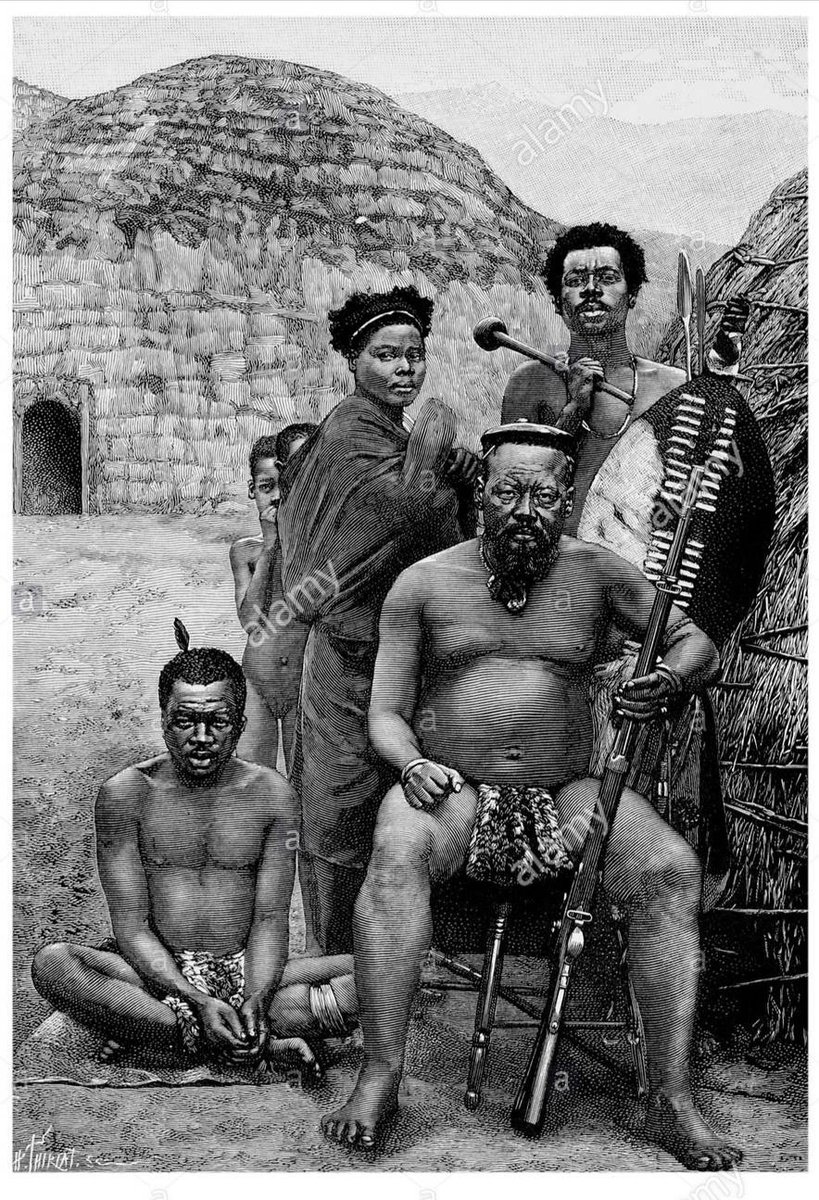
4. The next stage for the woman was ukuba ngumfazi. Umfazi refers to a person who knowingly chooses to die umfa-azi. Ukhetha ukufa esazi. 
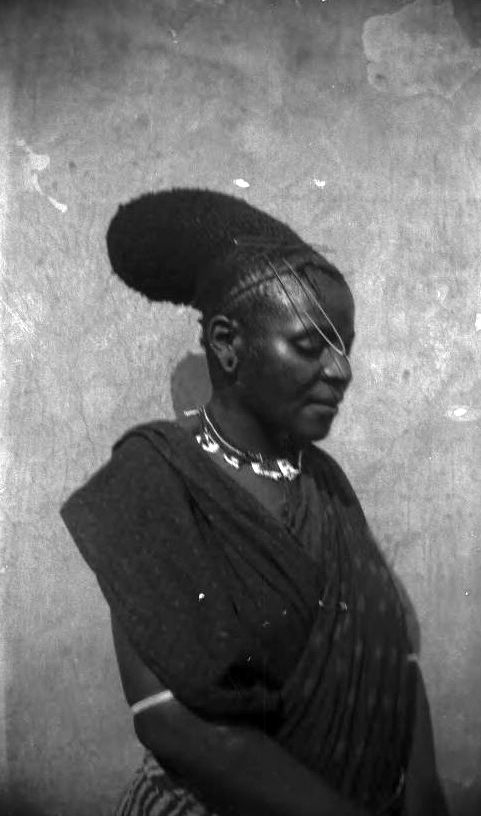
5. The last stage was to be isalukazi which is also derived from ukwaluka/ukwalukwa. Isalukazi is in reference to a senior female initiation graduate /matriarch of the family. 
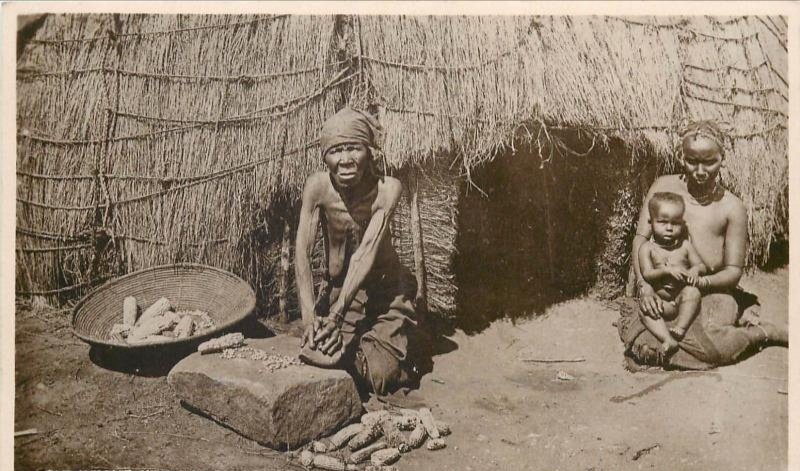
6. Isa/zalukazi would thus initiate the newly married woman into the family by teaching her the ways of the clan, secrets and other sacred practices whether good or evil. The lessons were over many years. 
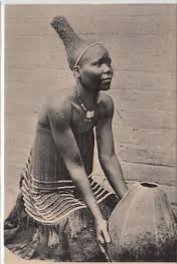
7. Upon graduation after passing various tests , umalukazana would become umfazi. Meaning she would die with the knowledge she got or would be prepared to die with the family she is married into. She would also die to her old identity and acquire a new one. Ngumafa esazi.
8. To become umfazi there were blood covenants involved breaking the old identity and acquiring the new. There was no going back. Hence umfazi could not be divorced or sent back to her people.
9. If the man was unhappy with her he could get another wife but umfazi kaliwa (a wife cannot be divorced).Even if she had a child with another man the man could not divorce her, the elders would say ezalelwe esibayeni sakho ngeyakho in honour of the blood covenant.
10. With old age umfazi would acquire the title of isalukazi and had the authority to invoke the ancestors of the home she was married into. Her authority was from the blood covenants she made with the family.
11. With the passage of time the above titles have evolved to fit into the cultural changes of society. However, there is a lot of history and culture hidden behind the words umalukazana, umfazi and isalukazi.
• • •
Missing some Tweet in this thread? You can try to
force a refresh




